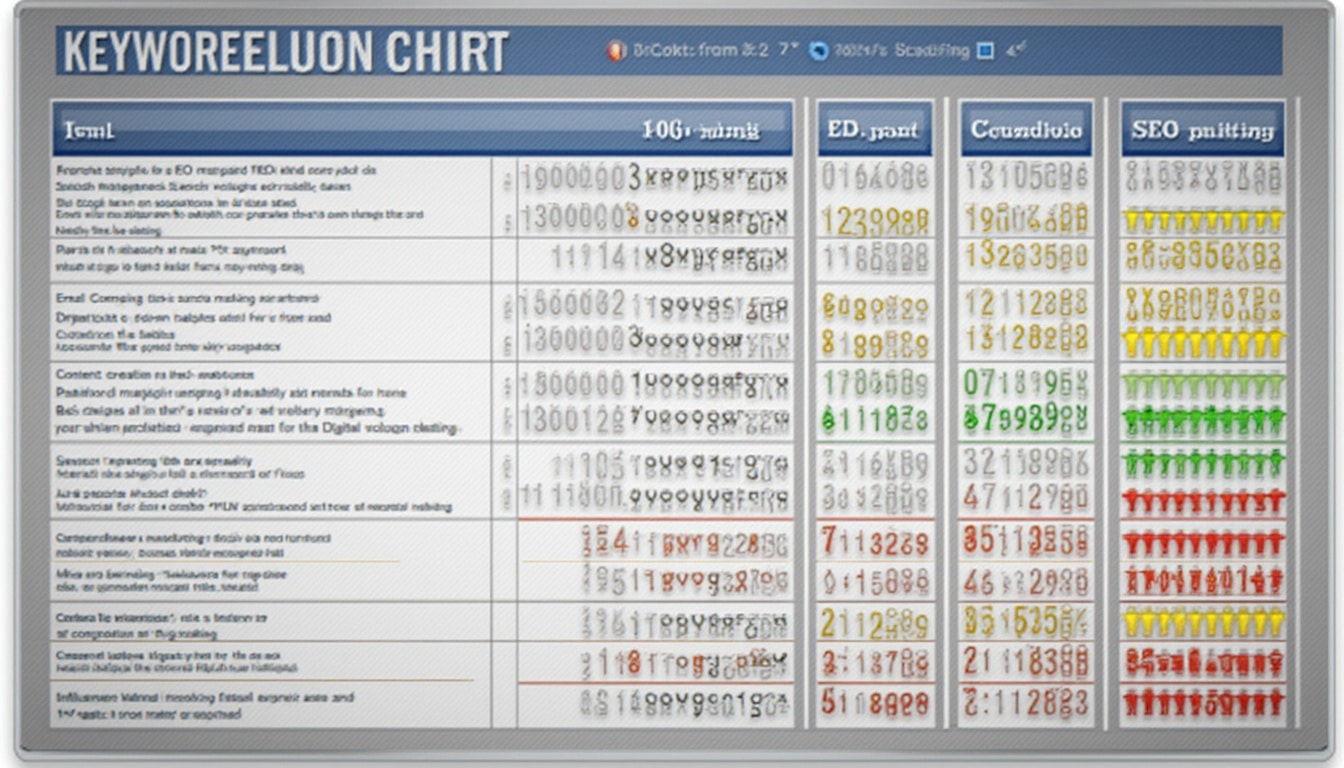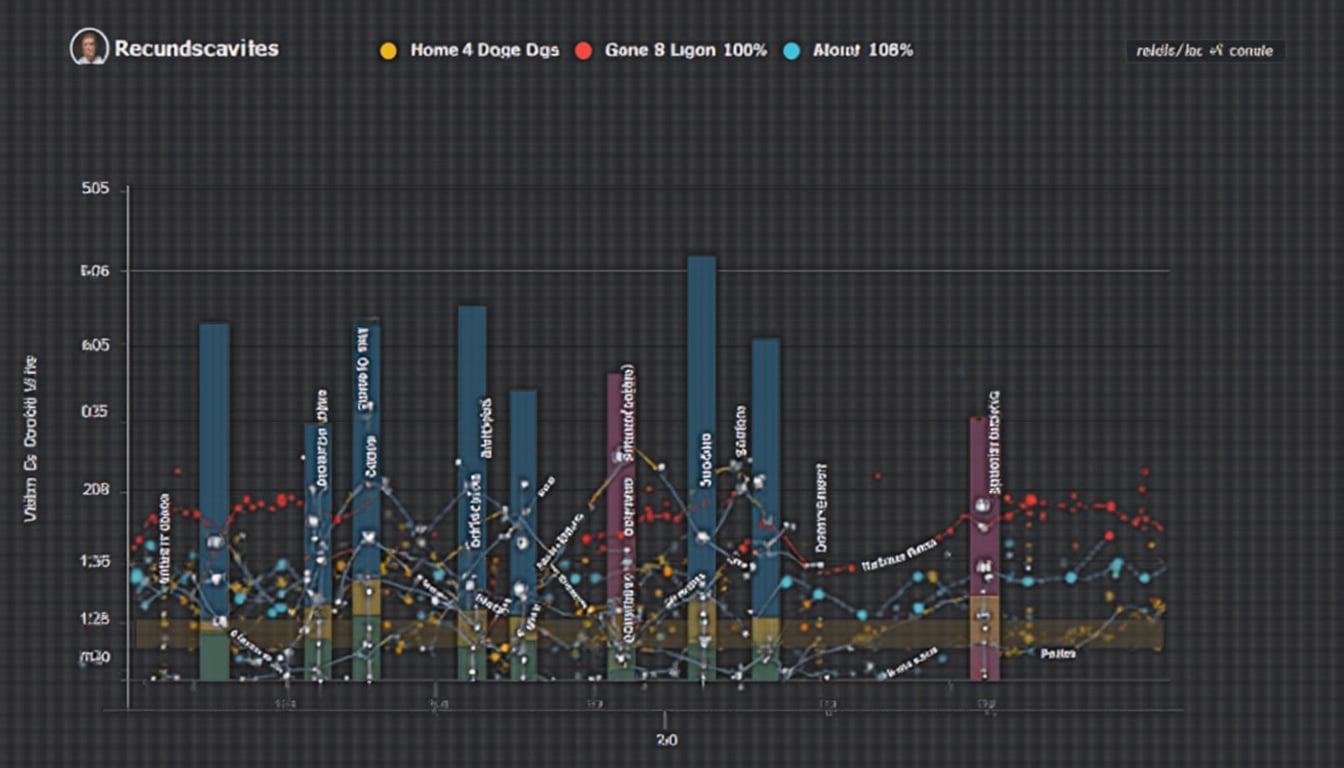Using irrelevant tags in your SEO strategy can greatly harm your website’s visibility and performance. Many content creators underestimate the impact of tagging and often find themselves ranking for terms that don’t lead to meaningful traffic. This blog dives deep into the pitfalls of irrelevant tags and offers useful tips on how to optimize your tagging strategy to improve your search rankings.
Understanding the relevance of keywords, tags, and content can significantly enhance your site’s authority and user engagement. When the tags do not reflect the actual content, not only serious damage can be done to your site’s credibility, but it can also lead to lost opportunities for conversion. Let’s explore why prioritizing relevant tags can boost your SEO efforts and how to implement effective practices.
The Danger of Irrelevant Keywords
The use of irrelevant keywords arises frequently when creators attempt to rank for popular terms without context or genuine connection to their content. This practice not only fails to attract the right audience, but it can lead to penalties from search engines.
Why Do Irrelevant Keywords Matter?
Irrelevant keywords harm SEO by diluting your website’s topical authority. Essentially, when your site contains content targeting unrelated topics, search engines have a harder time determining the main focus of your content. Google prefers sites that exhibit topical relevance and authority.
If your page ranks for irrelevant keywords, consider taking immediate action. Analyze the content you currently rank for and ensure that it aligns with your audience’s expectations. Avoid creating content with the sole intent of misleading your audience to increase rankings. Keeping your content relevant ensures you attract the right visitors who are genuinely interested in what you have to offer.

Risks of Irrelevant Keywords
When websites use irrelevant keywords, the risks involved can be substantial. Let’s explore the common pitfalls:
- Reduced User Engagement: Visitors coming from irrelevant searches are less likely to stay on your page, causing high bounce rates. A high bounce rate signals to search engines that your content may not satisfy user intent.
- Loss of Credibility: If users consistently find irrelevant information, trust in your brand decreases, impacting long-term customer relationships.
- Difficulty in Ranking Effectively: Constantly competing for unrelated keywords dilutes your expertise and authority in your niche.
Building a Relevant Tagging Strategy
To avoid the pitfalls of irrelevant tags, it’s essential to develop a tagging strategy that honors relevance and usability. Start by conducting detailed keyword research tailored to your audience’s search behavior.
Conducting Keyword Research
Understanding what your audience is searching for is vital. Utilize tools such as Google Keyword Planner, SEMrush, or Ahrefs to discover keywords that align with your business objectives. Look for terms with high search volume that are directly related to the content you are producing.
Incorporating long-tail keywords is generally more beneficial than trying to rank for generic terms. Long-tail keywords usually have lower competition and higher relevance, ensuring that the visitors coming to your site from these searches are more likely to convert into customers.

Implementing Tags Effectively
Every piece of content you create should reflect the keywords you’ve identified. Begin with optimizing your meta tags, headings, and body content. This may include title tags that prominently showcase your primary keyword, ensuring it aligns with the content’s intent.
SEO is not just about keywords; it also involves how those keywords are presented. For instance, using header tags correctly helps search engines understand the structure of your content. Make sure to emphasize relevant tags in your headings, as they play a crucial role in how your content is indexed and ranked.
Monitoring and Adapting Your Strategy
Once you’ve established a well-defined tagging strategy, the next critical step is ongoing monitoring and adaptation. Regularly revisit your content to assess its performance and update tags as necessary. Utilizing Google Analytics and regular site audits is a great way to stay informed.
Analyzing Performance Metrics
Performance metrics inform decisions about your content strategy. Analyze traffic sources, user behavior, and bounce rates to gauge how effectively your tags are driving engagement. If you notice that certain tags are underperforming, it may be time to either revamp the content or re-evaluate the tags used.

Keeping Up with Trends
SEO trends are continually evolving. Participating in industry forums and following thought leaders in the SEO community can help you stay ahead of search engine changes. This includes understanding updates to algorithms and adapting your content accordingly.
Every search engine update might affect your current tagging strategy; thus, staying informed will ensure your content remains competitive.
The landscape of SEO is nuanced, and the consequences of using irrelevant tags can be detrimental. Transitioning to a more thoughtful and strategic approach to keyword tagging is essential for enhancing your site’s visibility and authority. Continuously assess your strategy, keep learning, and adjust your approach to align perfectly with your goals.
